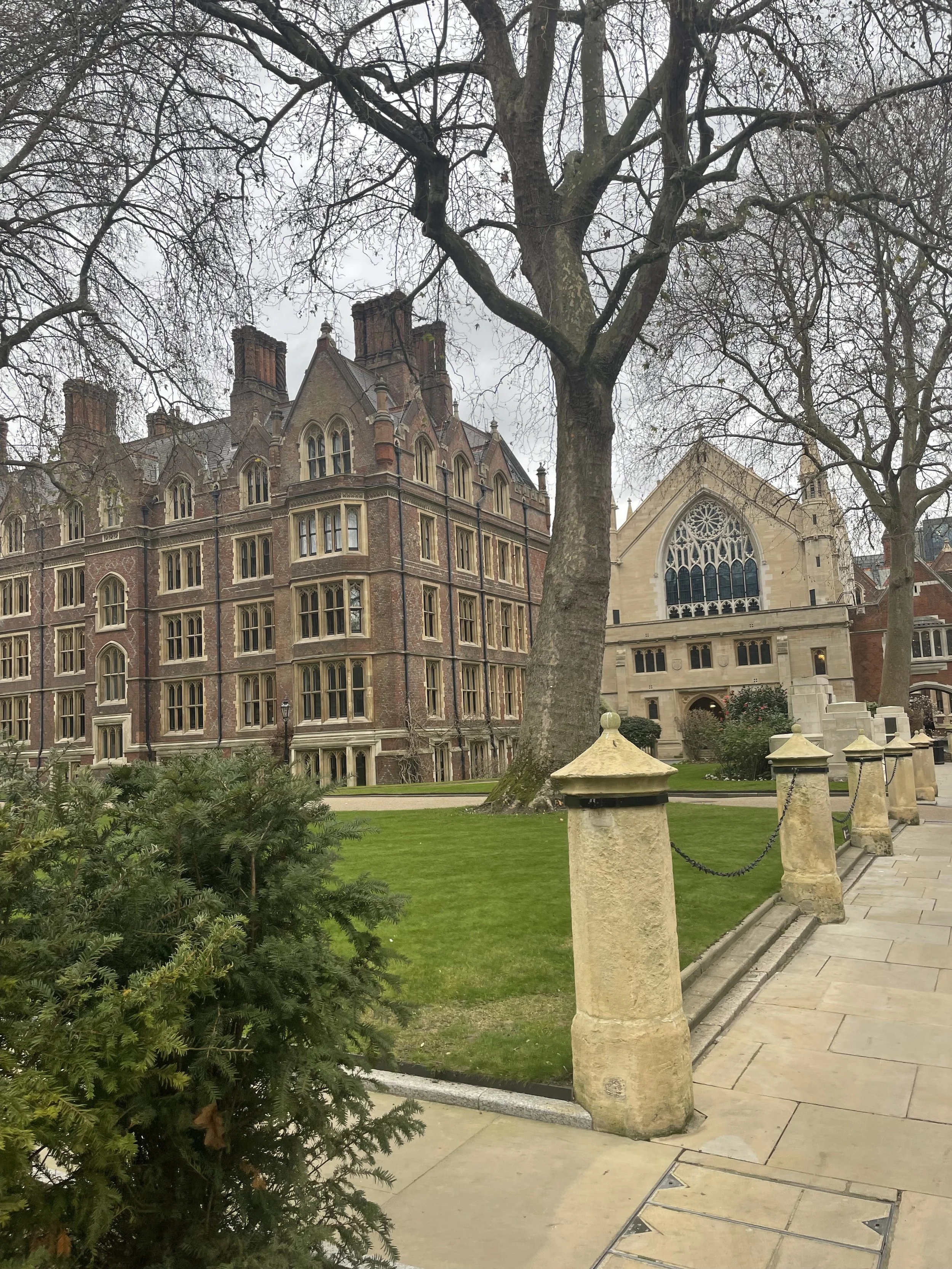CANDEY obtains crucial injunctive relief from Commercial Court regarding Russian proceedings
Commentary:
CANDEY acted for the Claimant in Renaissance Securities (Cyprus) Limited v Chlodwig Enterprises Limited and five others, where the Claimant succeeded on an on-notice return date[1] in obtaining (i) an interim mandatory anti-suit injunction to compel the withdrawal of six sets of Russian proceedings brought in breach of English law arbitration agreements allocating jurisdiction to LCIA arbitrations seated in London, and (ii) continuation of a prohibitory anti-suit injunction (ASI) and an anti-anti-suit injunction (AASI) to prevent the continuation of the Russian proceedings, and to stop the English Defendants from seeking any counter-measures (such as anti-suit orders) in the Russian courts.
This was the latest in a long series of successes for CANDEY and its client in this matter after first obtaining an ex-parte relief in the form of a prohibitory ASI and AASI before Mrs. Justice Dias: [2023] EWHC 2816 (Comm), before amongst other things successfully obtaining a continuation of the ASI and AASI at a follow-up hearing in late November 2023: [2023] EWHC 3160 (Comm).
CANDEY’s international arbitration team (led by partners Yuri Botiuk and James Collins) has considerable experience in the recent spate of cases where Russian parties have invoked Article 248 of the Russian Commercial Procedural Code to use international sanctions as a justification for then commencing proceedings in the Russian courts in breach of parties’ arbitration agreements. We have acted for a number of clients in (i) successfully obtaining both mandatory and prohibitory injunctive relief from the English Courts with respect to infringing Russian proceedings (as the current case demonstrates), and (ii) submitting English law opinions in Russian proceedings to assist the Russian court in understanding the nature of the arbitration agreement between the parties, and the impact of a Russian claimant’s actions in commencing proceedings in breach of such clauses.
Background Facts:
The underlying facts are that the Claimant provided financial services to the Defendants under contracts that contained (i) English law choice of law clauses and (ii) arbitration agreements allocating jurisdiction to LCIA arbitrations seated in London. Under these agreements, the Claimant held assets which became frozen by international sanctions. The Defendants asked for the return of those assets, but the sanctions stopped the Claimant from doing so.
Instead of complying with the contractual dispute resolution mechanisms and commencing arbitrations against the Claimant in the LCIA, the Defendants each sued the Claimant in separate court actions in Russia. In the Russian courts, the Defendants invoked Article 248 of the Commercial Procedural Code of the Russian Federation (CPC), which was introduced in 2020 to purportedly confer the exclusive jurisdiction of Russian state commercial courts over disputes involving sanctioned persons, so allowing such persons (i) to ignore foreign-seated arbitration agreements and (ii) instead, to sue in Russia. Art. 248 CPC further empowers the Russian commercial courts to grant orders equivalent to ASIs to stop the non-sanctioned party from initiating or continuing proceedings in a non-Russian court or arbitral tribunal. The cumulative effect of these provisions is purportedly to allow a sanctioned entity to obtain judgment in Russia – protected by anti-suit order – that might then be enforced against the non-sanctioned party’s assets in Russia, thereby circumventing both the arbitration agreements and the international sanctions regime.
The interim mandatory anti-suit injunction made in Renaissance Securities required that the six Defendants each withdraw their Russian proceedings and is therefore crucial to upholding the international sanctions regime.
Mr. Justice Henshaw had no hesitation in concluding that the Russian proceedings were brought and pursued in breach of the arbitration agreements and that the evidence dictated that interim mandatory relief was appropriate (i) since the prohibitory ASI and AASI alone were insufficient and (ii) notwithstanding that the effect of withdrawal would mean that similar Russian proceedings could not later be commenced ( LCIA arbitration proceedings being available). The Court also prospectively dispensed with personal service for the purposes of CPR r. 81.4 after considering evidence that individuals who may be the subject of future contempt proceedings could later seek to avoid personal service of the order.
The order was made on 23 April 2024. Henshaw J gave headline reasons ex tempore and delivered his judgment orally on 30 April 2024.
Representation:
The CANDEY team consisted of partners James Collins, Yuri Botiuk and Ellen-Louise Moens, solicitors Adem Arif and Lilit Nagapetyan and paralegal Elena Casale.
CANDEY instructed Paul Lowenstein KC and Andrew Dinsmore from Twenty Essex.
[1] The hearing was not attended by the Defendants.

